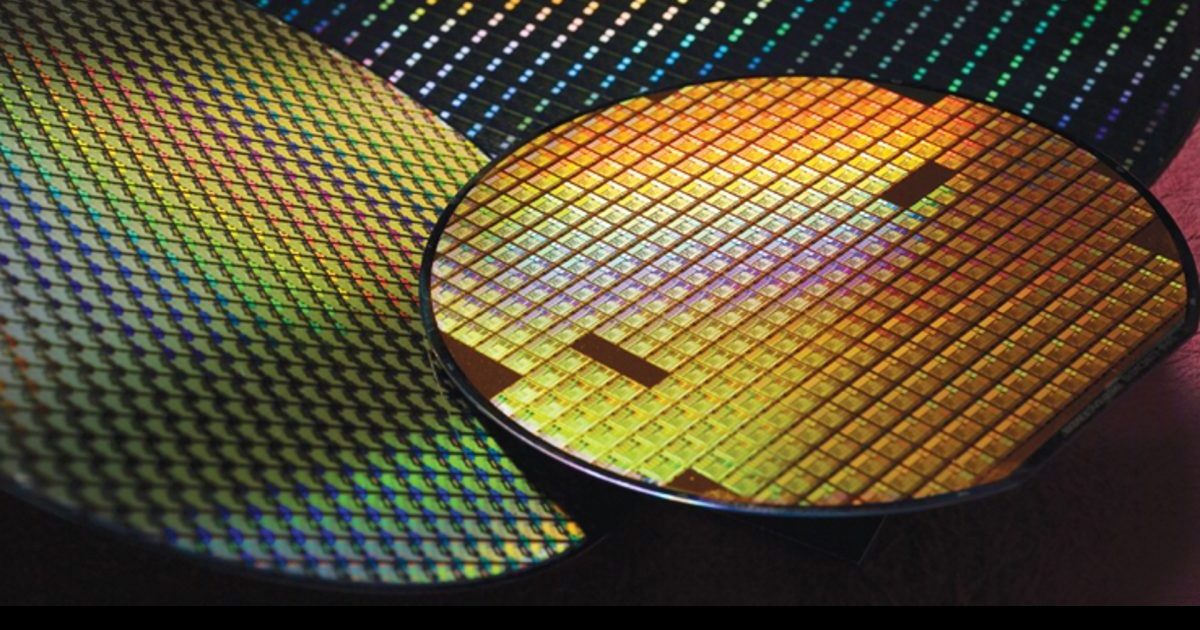It was recently reported that Apple supplier TSMC would be increasing the production cost of advanced and mature chipsets by 20%. The price hike could lead to Apple charging more for its products as it will need to pay more for the chips inside those devices.

Apple products could see a price bump since TSMC is increasing the price of its chips
Apple’s main supplier TSMC is in the process of increasing its prices following wide inflation in the market caused by the ongoing chip supply shortage. The manufacturer’s increased prices are expected to be its biggest price hike in a decade, which could have a huge impact on tech companies and their pricing.
As reported by Nikkei Asia, TSMC’s chips were already 20% more expensive than its rivals but smaller foundries have repeatedly ramped up their own prices since the end of last year. A number of factors have resulted in a hike in pricing including higher material and logistics costs.
Compared to other chip companies, TSMC has been slower in raising its prices. However, as the manufacturer pledged $100 billion in spending over the next three years, it “felt compelled to pass on some of the burden,” sources told Nikkei. Industry sources say TSMC is also looking to stop its clients from double-booking, in which clients place orders more chips than they need in securing production line space and support from contract chipmakers during the global chip supply shortage. This has made it difficult for TSMC to gauge the “real demand” picture.

The impact of TSMC’s price hike will be noticeable from next year, analysts say. Customers will also have to negotiate their own specific terms with the company before October 1. Since supplies Apple directly with the likes of the A14 and M1 chips, it is clear the impact of the price hike on Apple devices will be significant.
It is expected that the rising costs will push all industry players to release higher-end handset models next year to offset the cost impacts rather than focusing heavily on midrange or lower-end phones
Last month, DigiTimes reported that Apple will likely increase the cost of its upcoming iPhone 13 lineup and other products to compensate for the high chip costs. Still, it appears the increased chip prices will not have a significant impact on the Cupertino tech giant until 2022.
Read more: